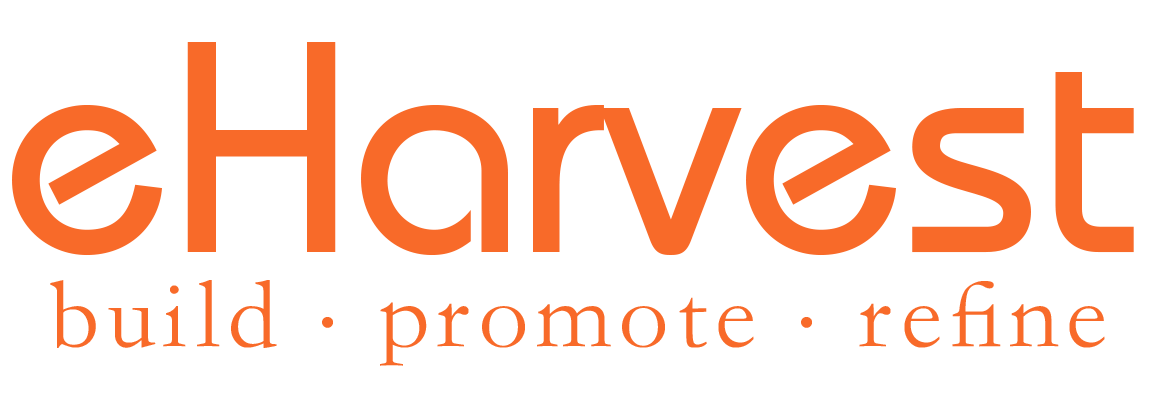At the very beginning when we first start eCommerce developing, we came up with this idea to define the life cycle of eCommerce businesses: Build, Promote and Refine. The three go hand in hand, representing different stages of building, managing and promoting eCommerce stores. Since it has helped every onboard client to quickly understand the resources, commitment as well as processes when they decide to open online stores, we commonly refer them as the trilogy of eCommerce.
Build
The build phase is the most difficult one as it requires a good alignment of the resources between business owner and development agency. If any party fails to meet the requirements of the project, it could be put on hold for weeks and months. To prevent this from happening, eCommerce clients need to be aware of the ‘Must Haves’ before the project can be ready for production. Budget, branding, products’ digital forms, contents, legal matters, internal resources should all be sorted prior to the start.
As eCommerce developers, we take a significant amount of time and efforts to assess a business before we give the green light. We take ownership of what we do so if a business is far from ready for having a dedicated eCommerce platform, we have to be honest and knock it back. Each one of our stores is made to help SMBs grow, not just another insignificant digital accessory.
Dealing with changes is often one of the major obstacles, it requires teamwork, timely communication and mutual understanding to steer the project in the right direction. Thanks to the strong connection between business analysis and development, we are able to quickly assess changes then come up with alternative solutions.
Another smart way of dealing with changes is to prevent it from happening, and we found a well documented Project To Do list often do the trick. With a clear project plan at hand, both parties will know exactly what to do to meet the deadline, and if any brilliant ideas come up during the build process, they will be added to the post-launch features to avoid interrupting current workflow.
Promote
After months’ hard work, the project finally enters production. A milestone means a new beginning, but this one comes with a cold fact: the new store will not perform immediately and it needs marketing.
Depend on the internal resource of our eCommerce clients, we could either take ongoing marketing internally or train them to take ownership of online marketing. To make it work, one cliched statement we often use is “sell quality products at the right price to the right audiences at the right time”.
When it comes online marketing, one topic we often mention is Online Marketing Calendar, and the best time to have it is at the commencement of your eCommerce. To get it started, we should consider:
- Define methods to grow online audiences, we could utilise channels such as search engine, email and social media.
- Create campaigns and allocate budget and resources to each campaign, monthly reviews are recommended. If you don’t have the right stuff members for internal marketing, you might consider hiring or train existing employees.
- For regular marketing activities such as email newsletter and social media posts, create a minimum three months act list, and make sure they incorporate possible seasonal impacts and public holidays.
- Get the tools ready for the job, but most importantly equip your team with the right knowledge. So add training to your online marketing calendar.
Once the plan is ready and the roles are assigned, the next step is to focus on execution and reviews. Your Analytics data should be your best friend when it comes to evaluating your online marketing activities. It won’t take long before you become aware of your key matrix and demographics. The more you understand your target audience, the more targeted campaigns you can create which lead better ROI.
Refine
The demand for refinement mainly comes from online customers, store managers and search engine. To be able to attract more online visitors, rank well is one of the most desirable advantages and to achieve that, we must fine-tune our stores to meet search engine criteria.
When managing thousands of products on a daily bases, store managers often need extra tools to improve work efficiency. Therefore we should listen to their feedback and offer the right support.
Online customers are the ones have a direct impact on sales, so we should always open to their comments and seek new ways to improve store usability, such as:
- Add new lay-by payment options
- Offer local pickup options to shipping methods
- Fine tune page speed to meet search engine’s standards
- Redesign UI to cater to the latest smartphone and tablets devices
- Adopt a third-party hosted search for better search experience
- Add loyalty program to the online store to improve customer retention
- Optimise your checkout to reduce steps for a better conversion rate
- Move the store to a better hosting environment to get a more responsive browsing experience.
- Consider CDN and load balancing for large-scale eCommerce business.
In addition to the benefits of getting better organic performance, the reviews from customers could also help you improve your products.
